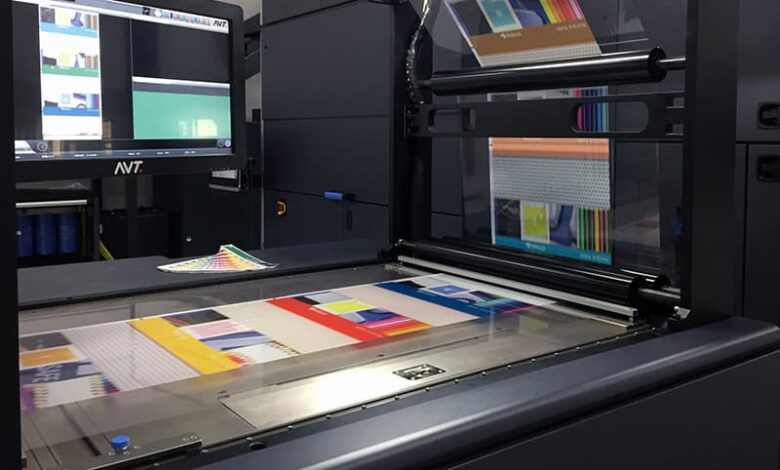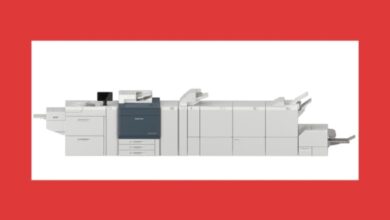Egypt’s Export Council Reviews Printing, Packaging Growth

Egyptian companies in the printing and packaging sector seem to suffer from the lack of capital assets, development of the existing ones, and the inability to maximize investments due to the lack of foreign currency.
Nadim Elias, Chairman of the Export Council for Printing, Packaging, Paper, Literary, and Artistic Works, explained that investments are being encouraged by low interest rates at 11% on industrial loans and maximizing loan amounts to 75 million Egyptian pounds. He also said that certain industrial activities that charge interest rates of 20% or even higher, requires a review to support manufacturers.
Egypt mostly imports paper, inks, and other industry requirements from East Asia, Brazil, and some European countries, relying on the local industries to meet the remaining market demand. Elias stated that major Egyptian paper manufacturers such as Quena Paper Industry Company (QPIC) and Misr Edfu Paper Company needed further development to increase their volume of production. He suggested adopting some of the methods followed in other countries, such as Türkiye, to attract international companies to work in the printing and packaging sector, and encouraging them by not imposing additional fees.
The chairman also praised the recent amendments made to the provisions of the Investment Law approved by the House of Representatives, and demanded similar facilities to be made available to local investors and increase the provision of foreign currency, which will benefit the national economy.
Regarding the legislative framework for the disposal of hazardous waste from the free zones, Elias comments, “The free zones are established on Egyptian land, and it was necessary to find an appropriate formula for disposing of their waste to maintain industrial security. There are also several affiliate companies of the chamber that rely on waste paper, which can be provided through free zones.”
The Export Council for Printing and Packaging plays a major role in supporting manufacturers in achieving better quality required for exports. “East and West Africa, besides Europe, presents Egypt with a huge export market, with some companies heading to establish printing presses in West Africa in particular,” adds Elias.
Elias said that in order to reduce the burden of imports, Egypt is currently establishing a new factory to provide high-quality raw materials as part of its vision to advance the local industry. He also stressed on the need to unify the foreign exchange rates of the official and parallel markets, which the state is working to achieve by following a flexible exchange rate system. In order to support small manufacturers, the payment period of installments of the land value allocated for the establishment of industrial facilities, has been increased to ten years, from a maximum of five years, as is the practice now.
Elias also confirmed that the export revenue of the printing and packaging sector had witnessed a decline in the last fiscal year due to the difficulty in importing raw materials, which in turn lead to the general contraction of the sector and the exit of some of the small manufacturers.





